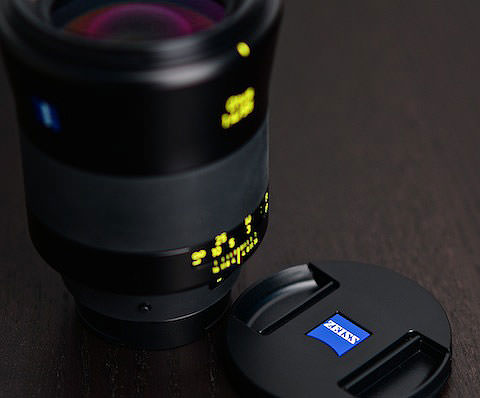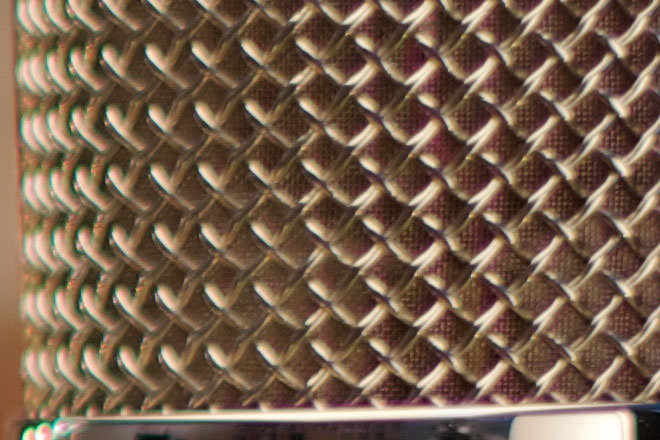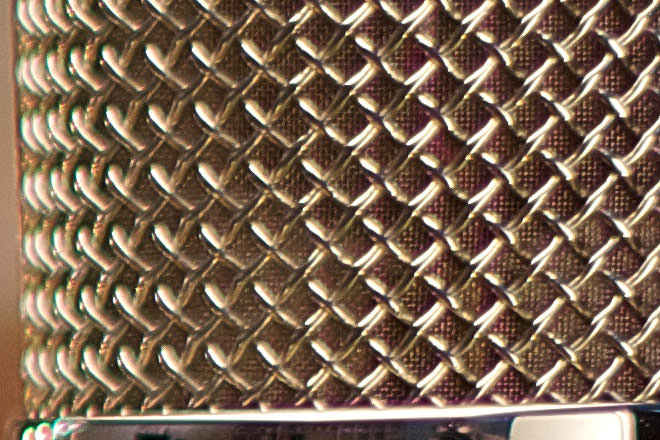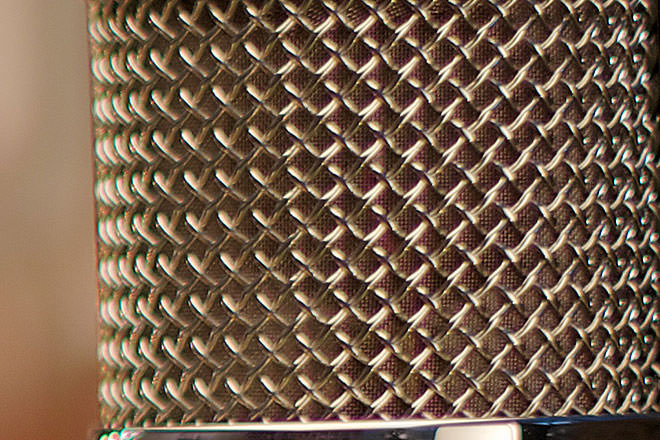 Ok, so you’ve read an article where you’ve seen a lens performing extremely well with perceived sharpness. What you ask yourself is: Those comparisons always show images are at a 100% magnification. But the normal picture is viewed at a lot less magnification, say in forums, on Flickr and all those. So, does it really matter, this level of detail? When you rescale the image and sharpen, can you still spot the difference? Let’s check.
Ok, so you’ve read an article where you’ve seen a lens performing extremely well with perceived sharpness. What you ask yourself is: Those comparisons always show images are at a 100% magnification. But the normal picture is viewed at a lot less magnification, say in forums, on Flickr and all those. So, does it really matter, this level of detail? When you rescale the image and sharpen, can you still spot the difference? Let’s check.
1. Can’t Good Sharpening Do The Job?
We’re starting with the situation that you have an average lens like the Nikkor 50/1.4G and you want to know if you want rent a Zeiss Otus for the job. Can’t you compensate this with good sharpening?
In this example, I’m using Capture One: It has this extremely sophisticated sharpening algorithm called “structure”, which effectively is like a lens upgrade after you took the picture. It’s really, really good. Let’s use this to sharpen a 50/1.4G Nikkor image and see if you can spot the difference to the Zeiss. First, the Nikkor unsharpened vs. sharpened, then the Nikkor sharpened vs. the Zeiss:


Now, the sharpening is quite impressive, I’d say, although of course, the Zeiss is crisper. But wait, the Zeiss was unsharpened. Here’s the comparison again, with a sharpened Nikkor vs. sharpened Zeiss image:

That’s actually again more detail. You get the idea. So yes, it does matter when viewed at 100% magnification, and no, even with a high-end sharpening algorithm, you cannot compensate. You knew that, I guess.
2. What if You Scale Down From D800 to D4 Resolution?
BUT: Can you spot the difference once it’s scaled down and sharpened? Let’s check again. I scaled down from 36MP to 16MP, that’s 44% of the original and the resolution that a Nikon D4 sensor has, and sharpened with Photoshop with my standard sharpening parameters. Nikkor on the left, Zeiss on the right:

As you can see, you can still see quite a difference. But with 16 MP, we’re still at a rather high resolution.
3. What if You Scale Down to Facebook Resolution?
Facebook resolution, that’s 2048 pixels width (maximum height 1669 pixels), as of this writing. Scale down from full-size image and sharpen. Here’s the comparison, left Nikkor, right Zeiss:

Looks like the difference is slowly melting away, doesn’t it? But you can still see a difference, and that’s the tiny bit that some people call the 3D effect – which is nothing else than the sharpness contrast of foreground and background (strong sharpness of the object in focus vs. un-sharpness of the object out of focus). You can see how, even scaled down, this does still make a small but decisive difference.
4. What if You Scale Down to 960 Pixels?
Ok, last round. 960 pixels width is the old Facebook resolution. This is only 1,7% of the original size! I’m curious to know if you can tell which one is which:

Of course you can, because you’ve seen the two so many times that you know them. Well, I don’t know about you, but I can’t see a difference.
Summary
Yes, it does make a difference that you can see. But it is less and less visible the more you scale down the image. And let’s get this straight:
- Q: Will you have a good picture because you have high perceived sharpness?
A: Hell, no. - Q: Does this sharpness actually matter at all for taking a good picture?
A: Hell, no. Just look on Flickr for millions of techically perfect images taken with ultrasharp lenses that are bullshit images nevertheless. - Q: Does it get on my nerves when people in forums (and anywhere else) lecture about how the best images in history are not sharp and post Henry Cartier-Bresson pictures?
A: Fuck, yeah! - Q: So what does this thing matter for, then?
A: Just like a good camera, technical details do not matter for a good image, but they can make it a lot easier to reach what you want. Plus, they can make a good image also technically great. - Q: What do you need technical great images for?
A: Let’s face it: While there are always situations where you may need technical quality, many clients will not notice. And neither will most other people – except for yourself in front of your screen admiring your own image. Again: Yes, there are situations where you might need it, and it will depend a lot on your photography and your clients. But for most people reading this, it’s a good-to-have rather than a need-to-have. Just like driving a fast sports car is not so much about actually driving 300 km/h, but more about sitting in the traffic jam and knowing that you could drive 300 km/h, theoretically, if you needed to. - Q: So if you don’t need it, should you still get an ultrasharp lens for the heck of it? So you can admire your own images?
A: Fuck, yeah! That’s what they’re made for! ;-)
The nikon seems front focused and the white balance is warmer. How do you actually setup your tests ?
Paul, thanks for your comment. Don’t be irritated by the White Balance, these images aren’t about this. No, the focusing was calibrated for wide open, this is the sharpest it gets (but discussing the lens performance is not the point of this article anyway). If you specify what you mean with “how”, I can answer. Your question is a bit like “How do you repair your cars?”. :-)
I liked your review very much! Intelligently done, and very good presentation. One thing I would like to know about is the difference in color rendition of the lenses. I know that in digital photography color/ tones can be changed with a single click, so the difference in color rendering is not something that matters in the end, even then I would like to know about the difference between the lenses. If you have the time and interest in this, please let us know your observations/ findings. Thanks in advance!
Thanks for your comment, Karim! Are you referring to the color rendition of the lens comparison test? That is discussed on page 5.
clear article, thanks.
(I love ‘admiring my own pictures” ;) )
Thanks, Peter! :-)
Excellent review! great job..
Are you planning to compare Gradual ND filters as well?
Thanks, Skander! No, there are no current plans for this, sorry.